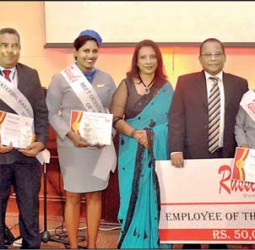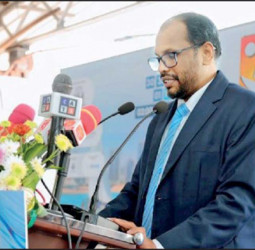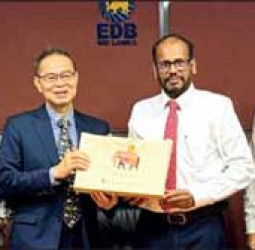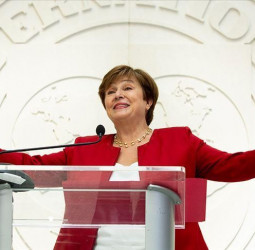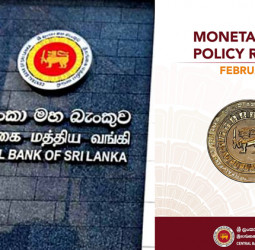The people of Sri Lanka this time around has made a remarkable decision of breaking away from the long-stood static political landscape, paving way for a dynamic and fundamental change required to move the country forward. The media undoubtedly plays a crucial role at this juncture, and the dire need to formulating effective and inclusive policies that are free from political influences goes without saying.
We urge the President to safeguard the industry whilst also holding any and all responsible and accountable for any disruptions in our journey ahead, stressed Public Relations and Communications Association (PRCA) Sri Lanka’s Thanzyl Thajudeen. We need to set our narratives straight, address the many challenges faced within the sector, and take a stand to serve the people and not the institution’s own interests.
We collectively call on the media institutions, professionals, authorities, advocacy groups, academia and other stakeholders to work towards creating a safer, credible, and sustainable environment, where the trust in local media and quality of journalism is restored, and make Sri Lanka’s media outlets and talent among the top in the region. There needs to be highly impactful individuals taking on the state’s leadership roles for the sector.
There are many grassroot issues in many media workplaces and these can be resolved soon, such as salary delays and being understaffed, outdated policies and business models, widening talent gap, lack of knowledge sharing and collaboration, and complete disregard for holding reporters’ accountable as seen in some of the past incidents.
The media industry also needs increased diversity and equality, especially when it comes to some of the big names that often dominate the sector, and cultivating a heightened level of self-governance and self-discipline among media professionals across the country. We need to also do away with sensational contents, and probably set up an independent comission or body that monitors and evaluates the same.
Talent entering the media sector needs to have certain minimum requirements, and as a first step, to implement an entry examination or assignment coupled together with mandatory mentorship with an editor or a senior journalist for a period of time. This would also ensure knowledge sharing among the multi-generational workforce the sector employs.
There needs to equal and fair measures when it comes to those working on a freelancing or on project basis for the media, and have flexible working such as remote or hybrid for those on full-time or contract basis. Overall, there needs to be a proactive long-term plan or policy in place in consultation with all stakeholders in the media industry to address the mentioned issues here among various others, and have a clear, concise and impactful strategy and direction to uplift the sector to its desired state.



 Thishila Mewan
Thishila Mewan